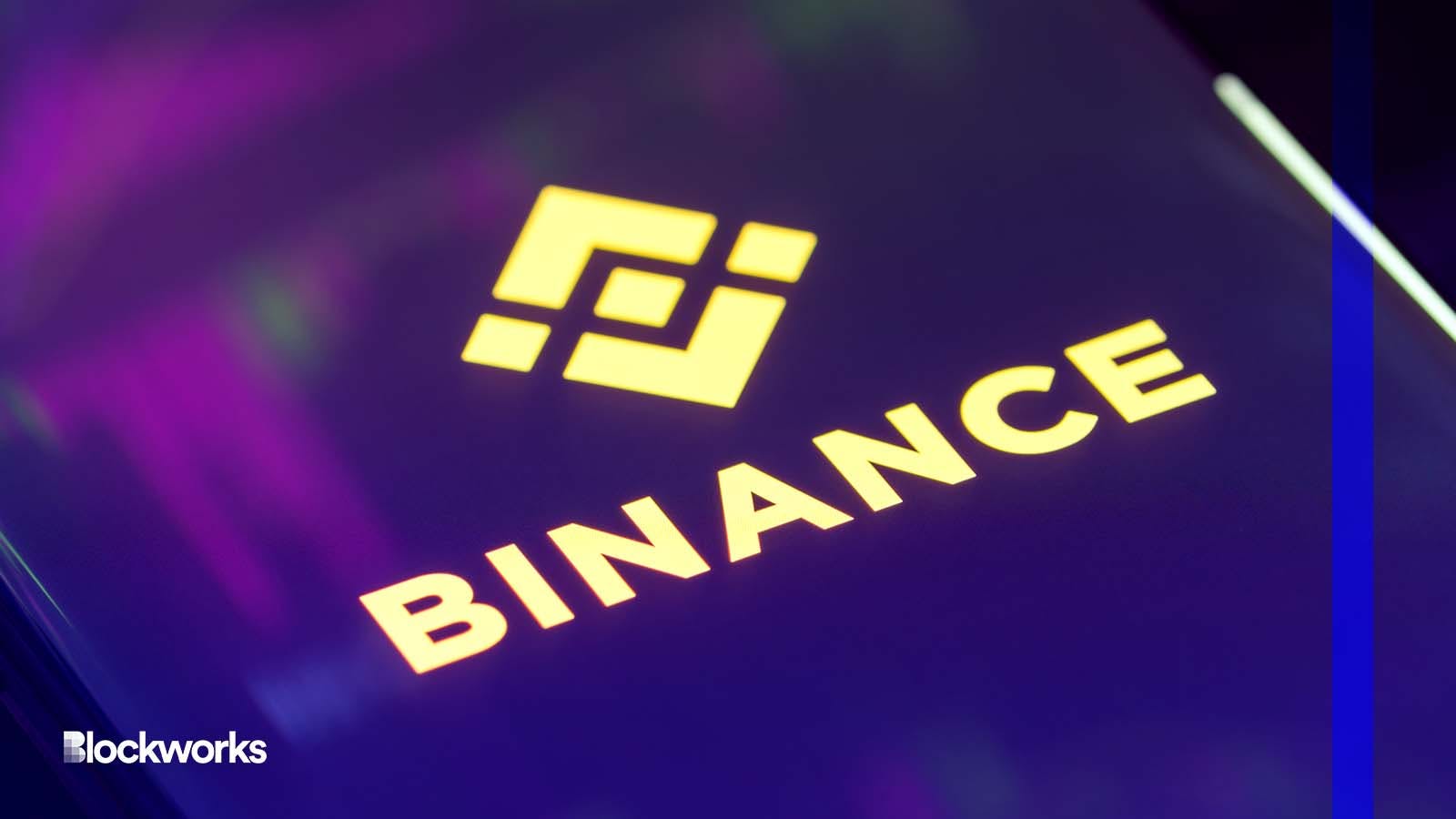Binance Compliance Hires Didn’t Allay CFTC Investigators’ Concerns
The CFTC came up with in-depth allegations against Binance even though it says its global compliance team is larger than the total strength of employees at most exchanges

Grey82/Shutterstock modified by Blockworks
Binance was sued by the Commodity Futures Trading Commission this week for allegedly evading trading and derivatives rules.
The crypto exchange operated without proper registration and illegally allowed Americans to trade crypto derivatives on its platform, according to the regulator. Binance called the CFTC’s complaint “unexpected and disappointing,” saying it had worked collaboratively with the agency for more than two years.
CEO Changpeng Zhao himself said that the lawsuit contained an “incomplete recitation of facts” and that the company does not agree with the CFTC’s depiction of several concerns raised.
But what’s interesting to note is that the exchange was hit with an exhaustive list of allegations, despite having a solid team with expertise in financial crimes.
It appears to be a question of timing, as much of the conduct at issue took place before Binance dramatically ramped up its compliance efforts, according to Leo Mizuhara, CEO of DeFi asset management platform Hashnote.
“If you broke the law in 2019, then it doesn’t matter that you reformed your behavior in subsequent years,” Mizuhara told Blockworks.
‘A’ for effort Binance, but…
Binance’s efforts do count for something in the eyes of regulators, per Dave Weisberger, CEO of algorithm-trading platform CoinRoutes.
“The CFTC does care that Binance has hired a global team of compliance experts — but it’s more complicated than this,” Weisberger told Blockworks. “Both the CFTC and SEC consider actions against organizations for previous actions important for deterring future bad behavior.”
Binance can argue that it already has taken steps to beef up compliance, pointing to recent history.
In Sept. 2021, Binance hired Nils Anderson-Röed, a former dark web specialist at Interpol, to lead investigations into offenders trying to commit crimes on the exchange.
Around the same time, Tigran Gambaryan, a former special agent with the Internal Revenue Service, was appointed Vice President of Global Intelligence and Investigations. His career history includes investigations in bank secrecy act violations, terrorism financing and one of crypto’s biggest heists ever — the Mt. Gox hack.
Less than three months ago, Anderson-Röed was promoted to the position of deputy head of financial crime compliance. And only last month, Binance hired Noah Perlman, who has served as a global head of financial crimes at Morgan Stanley and as division counsel at US Drug Enforcement Administration New York, as chief compliance officer.
Back in 2021, Zhao had openly said that Binance would double the size of its global compliance team by the end of that year, as the industry was facing “a lot of uncertainty.”
Gambaryan rebutted comparisons to FTX by some observers, saying Binance’s compliance team is larger than the total number of employees at most exchanges, while FTX’s had virtually none.
“We are proud to have in our ranks some of the most celebrated cyber investigators representing virtually every single major international law enforcement agency across the globe,” a Binance spokesperson told Blockworks.
“Just as they did during their time in the public sector, the investigators in our financial crimes compliance team are working hard on the front lines to protect users from illicit actors seeking to access the crypto markets,” the spokesperson said.
Weisberger thinks that whatever good will is engendered by Binance’s efforts only goes so far in light of other evidence.
“What struck me about this case as being important — and why I think Binance will likely have to settle with the CFTC — are the emails that allegedly prove that Binance worked with firms based and regulated in the United States to help them evade the rules,” Weisberger said.
Regardless of its investments in financial crime experts, Binance other behavior is still a big deal for the agency.
“The CFTC only cares about whether or not a crime has been committed, and changes to behavior taken after the alleged crime likely won’t be enough,” Mizuhara said.
Get the news in your inbox. Explore Blockworks newsletters:
- The Breakdown: Decoding crypto and the markets. Daily.
- 0xResearch: Alpha in your inbox. Think like an analyst.






